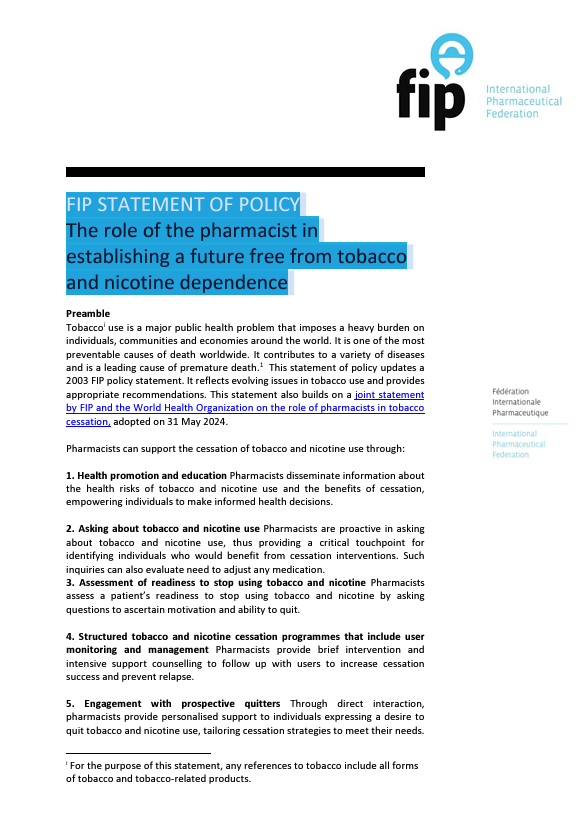Overview
Chronic obstructive pulmonary disease (COPD) is a common lung disease causing restricted airflow and breathing problems. It is sometimes called emphysema or chronic bronchitis.
In people with COPD, the lungs can get damaged or clogged with phlegm. Symptoms include cough, sometimes with phlegm, difficulty breathing, wheezing and tiredness.
Smoking and air pollution are the most common causes of COPD. People with COPD are at higher risk of other health problems.
COPD is not curable but symptoms can improve if one avoids smoking and exposure to air pollution and gets vaccines to prevent infections. It can also be treated with medicines, oxygen and pulmonary rehabilitation.







